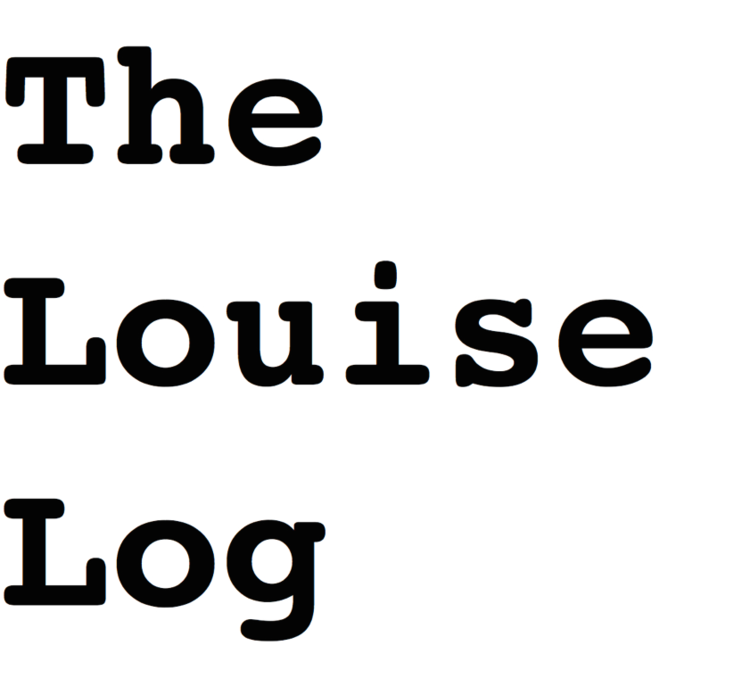This t-shirt and Louise scrambling through forty-three episodes is, unfortunately, not pure fiction. I, like Louise, am an anxious person.
Without a looming deadline, I’m generally in a state of worry that I’m not where I’m supposed to be, not doing what I’m supposed to be doing. Low blood pressure sometimes gives me an aura of serenity, but scratch the veneer and you’ll find a seething mass of desire, self-recrimination, apprehension and angst, a shredded copy of Sartre’s Nausea my constant companion.
But I hit a vein of gold in meeting Jonas Mekas for lunch last Friday.
Convinced that a lock on time management would alleviate my anxiety, I’m always ready to ask how other people do it. I wanted to know how Jonas Mekas is overseeing the massive Completion Project for Anthology Film Archives while, according to a recent article in the New York Times, devoting most of his time to his writing and films. Mr. Mekas responded that, in a shift, he’s now spending half of his time at Anthology.
His voice was ringing in my ears over the weekend until it suddenly hit me why: this seemed in contradiction to what I’d read in John Leland’s article in The New York Times:
“…he wakes up without intention or worry. “I’m not seeking… and I’m not planning.”
But ‘half my time’ sounds like planning to me.
“…he has become more "obsessed” with his writing and filmmaking…because he has cut down on the time and energy he spent at Anthology Film Archives…”
As I folded a third load of laundry, the pieces of the puzzle fell into place.
Jonas Mekas doesn’t plan his days, but there’s obviously some template he’s following. Could it be that his obsessions are his guiding force?
Having my own issues with obsession, it seems appealing, even practical to stop fighting and trying to control obsessions and ... give in! There would be no anxiety. The big decision, about what to spend time on, would have been made by taking a frank look at the overriding obsession. And this would explain why Jonas Mekas could tell me at lunch that he just does what’s in front of him (see 'next' blog entry below). And he can do it without intention or worry or seeking or planning.
Could this be the dawning of a new day?

